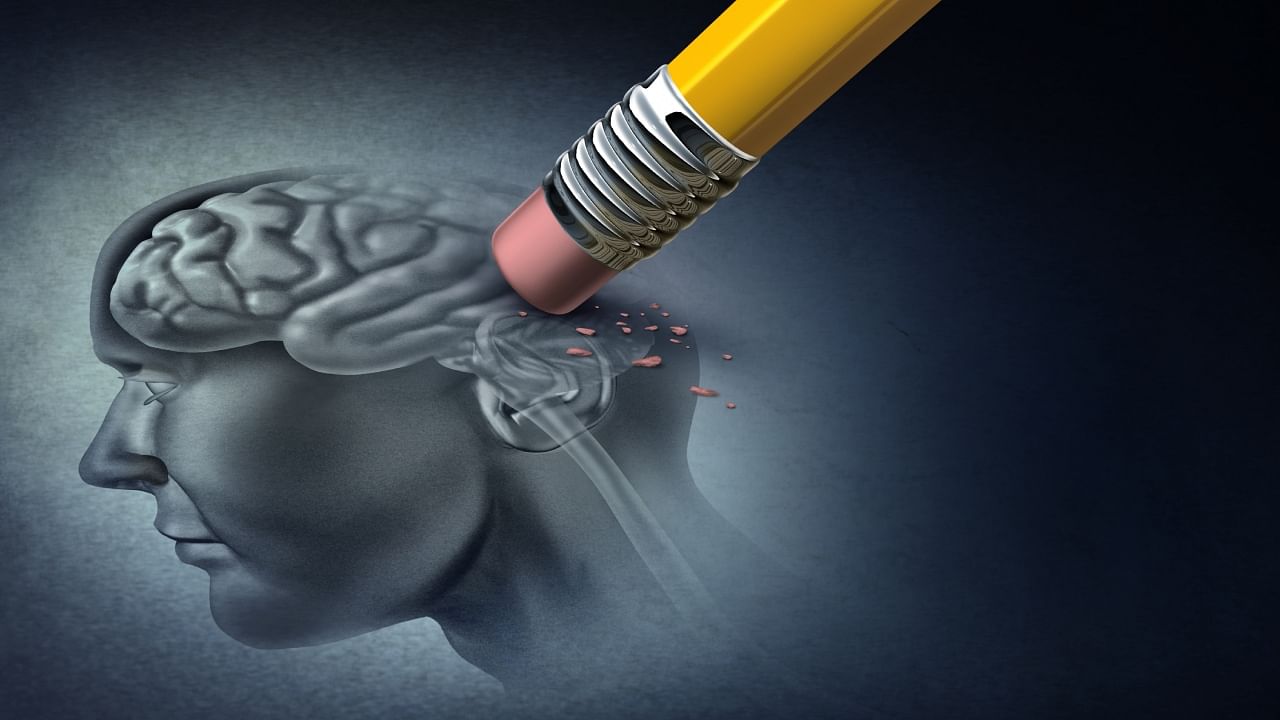
The recent announcement that there is finally some advancement in the treatment of Alzheimer’s disease may turn out be an important event in medical history and pharmacology. Two pharmaceutical companies, Biogen (US) and Eisai (Japan), have announced that they have developed a drug which has slowed down the rate of decline of memory and thinking in early-stage Alzheimer’s patients by 27 per cent. If true, this is a major breakthrough in fighting a disease that has not so far responded to drugs. The drug, jointly developed by the companies, is called Lecanemab. The US FDA is expected to decide on approval for it in January.
The fight against Alzheimer’s has not progressed much because the disease is little understood. Researchers have struggled with it ever since it was first identified in 1906. Obviously, the disease is a result of the deterioration of parts of the brain that handle functions like memory, but the reason for that degeneration has remained elusive. It was believed that some protein deposits in the brain cells might lead to cognitive impairments and cause the disease. Though some drugs were developed that reduced the protein build-up, they were found ineffective in tackling the disease. Some of these drugs passed clinical trials and one of them was even approved by the FDA. But they failed during treatment. The new drug is an antibody that clears the protein deposits in the cells and has demonstrated good results after an 18-month-long trial. It worked in people in the early stages of the disease.
More than 50 million people are estimated to be suffering from Alzheimer’s disease worldwide. No treatment exists, except nursing care for those who have been diagnosed. It has been noted that the early signs of the disease start manifesting in the forties and fifties for many people, but they are taken as problems connected with ageing. So, a drug that treats the disease in its early stages will be particularly useful. We should hope that the drug not only works but is also accessible and affordable.